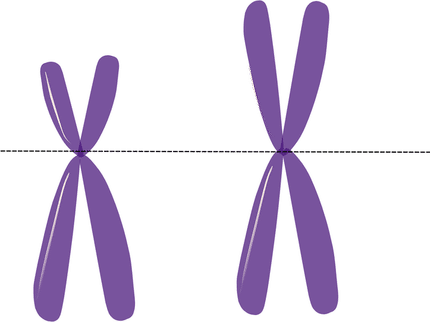Scientists discover electrical control of cancer cell growth
Advertisement
The molecular switches regulating human cell growth do a great job of replacing cells that die during the course of a lifetime. But when they misfire, life-threatening cancers can occur. Research led by scientists at The University of Texas Health Science Center at Houston (UTHealth) has revealed a new electrical mechanism that can control these switches.
This information is seen as critical in developing treatments for some of the most lethal types of cancer including pancreatic, colon and lung, which are characterized by uncontrolled cell growth caused by breakdowns in cell signaling cascades.
The research focused on a molecular switch called K-Ras. Mutated versions of K-Ras are found in about 20 percent of all human cancers in the United States and these mutations lock the K-Ras switch in the on position.
"When K-Ras is locked in the on position, it drives cell division, which leads to the production of a cancer," said John Hancock, M.B., B.Chir, Ph.D., ScD, the study's senior author and chairman of the Department of Integrative Biology and Pharmacology at UTHealth Medical School. "We have identified a completely new molecular mechanism that further enhances the activity of K-Ras."
The study focused on the tiny electrical charges that all cells carry across their limiting (plasma) membrane. "What we have shown is that the electrical potential (charge) that a cell carries is inversely proportional to the strength of a K-Ras signal," Hancock said.
With the aid of a high-powered electron microscope, the investigators observed that certain lipid molecules in the plasma membrane respond to an electrical charge, which in turn amplifies the output of the Ras signaling circuit. This is exactly like a transistor in an electronic circuit board.
Yong Zhou, Ph.D., first author and assistant professor of integrative biology and pharmacology at UTHealth Medical School, said, "Our results may finally account for a long-standing but unexplained observation that many cancer cells actively try to reduce their electrical charge."
Original publication
Yong Zhou, Ching-On Wong, Kwang-jin Cho, Dharini van der Hoeven, Hong Liang, Dhananiay P. Thakur, Jialie Luo, Milos Babic, Konrad E. Zinsmaier, Michael X. Zhu, Hongzhen Hu, Kartik Venkatachalam, John F. Hancock; "Membrane potential modulates plasma membrane phospholoipid dynamics and K-Ras signaling"; Science; 2015























































